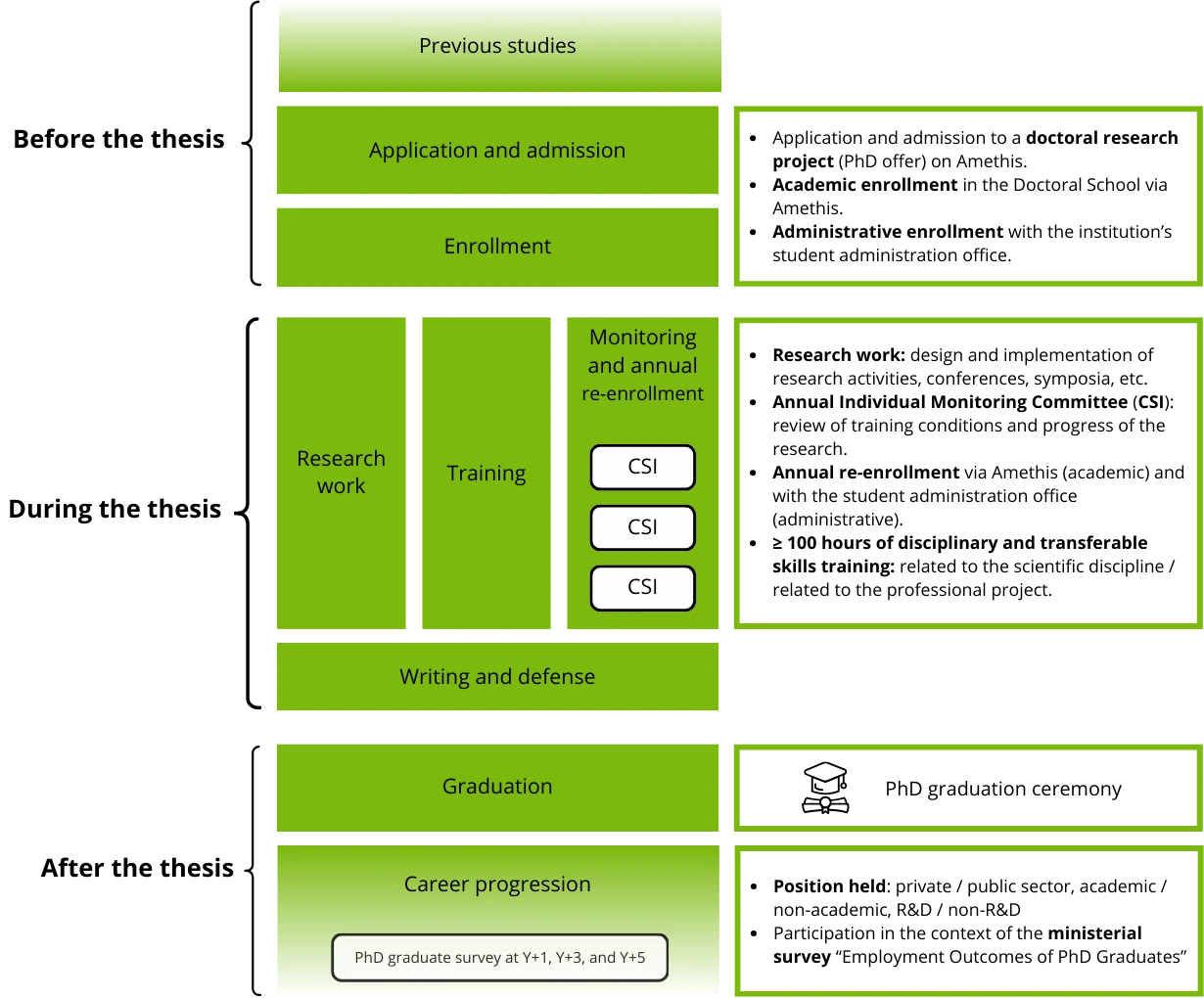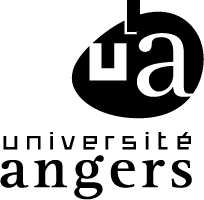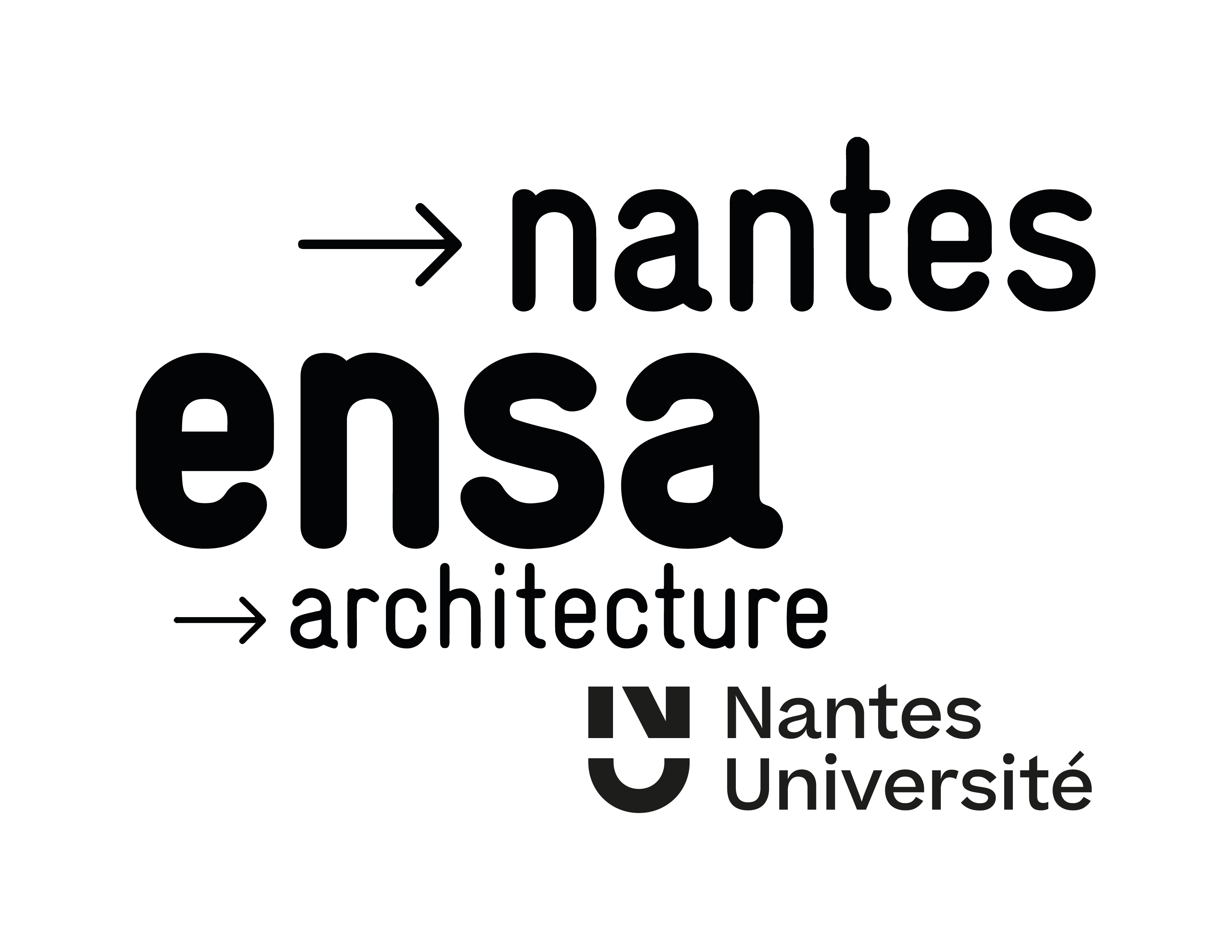Doctoral College

- Start of the 2025–2026 academic year for all 2nd-year and above PhD students, by the Pays de la Loire Doctoral College
- Doctoral Training: skills developed during the PhD / 2025–2026 training offer / Amethis, by the Pays de la Loire Doctoral College:
- Start of the 2025–2026 academic year for 1st-year PhD students by the local Doctoral Colleges:
- in Angers: PDF presentation (in French)
- in Le Mans: PDF presentation (in French)
- in Nantes: PDF presentation (in French)
- Individual Monitoring Committee (CSI): composition and organisation, March 30, 2023
- Presentation and video
- Find tutorials and questions and answers to help you use Amethis >> FAQ / Online help
- If you have any problems, the support team will respond to you via this contact form. Tip: add a screenshot of your problem!
All courses are open to all PhD students, regardless of your institution or doctoral school affiliation.
Explore the range of complementary training courses (disciplinary and cross-disciplinary) on Amethis.
- Explore the range of training courses (disciplinary and cross-disciplinary) by location and by category
- Tutorial on How to search in the training catalog
Equivalencies
Only the courses listed on the Amethis platform may be counted within the minimum 100 hours of mandatory training, with the exception of equivalencies, which may be granted on a case-by-case basis by your doctoral school and in accordance with the equivalency chart shared by the 11 doctoral schools.Training Categories
- Career Development
- Communication
- Corporate Social Responsibility
- Digital Tools and Programming
- Disciplinary (related to a scientific discipline)
- Ecological transition
- Entrepreneurship and Innovation
- Ethics and Scientific Integrity (mandatory)
- Foreign Language
- Management
- Open Science (mandatory)
- Project Management
- Scientific and Technical Information
- Teaching
How to apply for training
Applications for training courses are made on Amethis (link).As soon as a training course is planned in the catalog, it is presented on the Amethis platform. You can learn about the content, objectives, and organizational arrangements.
Application opening:
Applications typically open 6 to 8 weeks before the first day of training. When the training spans multiple sessions (eg: two days), you application stands for the duration of the training. If your application is approved, you are required to attend all sessions.Candidate status:
When you apply for a training program, you are not yet registered.Some programs are in high demand and require pre-selection of candidates.
Depending on the program, the pre-selection criteria include: registration of the program in the Individual Training Plan (PFI), candidate motivation, thesis year, and attendance rate.
Validation of your application:
Once your application is approved, you are registered for the training. You will receive an automated email from Amethis: please check your junk/spam folder.Invitation:
It will then be sent to you 1 week before the start of the training. You will find all the information on the location and time of the training. We recommend that you take note of it as soon as you receive it to avoid any disappointment the day before the training. Please check your junk mail / spam.How to withdraw from a training course?
Once you have applied for a training course, you have the option to withdraw up until the end of the application period: it is imperative to withdraw during this period.Any withdrawal made without acceptable justification after this period (generally 7 days before the training course) will not be accepted. Your absence would then be considered unjustified.
What to do during training
You will be asked to be punctual, whether the training is online or in-person.Late arrivals and early departures will result in a reduction in the number of hours for the training.
If you are absent for more than 70% of the training time (including all sessions), no time will be counted.
When training is offered online, please turn on your camera and participate when requested.
Sanctions for unjustified absence from training
Any unjustified absence will result in an email being sent to you, with a copy to your thesis supervisor. Your absence will reduce your attendance rate for training courses, a criterion taken into account.How are your training hours validated?
Once the training has taken place, the instructor sends the attendance list to the relevant training manager, who then validates the hours on Amethis. This can take a little time.How to give feedback of training courses
An evaluation questionnaire will be sent to you by email after each training session. This questionnaire allows us to evaluate the training each year based on your feedback, allowing us to develop the program, adapt it to your needs, and gather your training preferences.During your thesis, you must complete at least 100 hours of training. The training courses you apply for must be chosen based on your Individual Training Plan (Plan de Formation Individuel, aka PFI), the skills you wish to develop during your doctorate, and not based on the number of hours you need to achieve.
Each training course offered in the catalog allows you to develop 1 to 3 skills. The skills that must be acquired during your doctorate have been defined in the RNCP and listed in 6 skill blocks (see the list on Légifrance)
The PFI is a document that you will write based on your background, the specifics of the thesis being prepared, and your career plan. You may be assisted by your thesis supervisor in writing it. The PFI must be presented to your Individual monitoring committees (CSI) and adjusted according to your needs.
To help you develop your PFI, you will be asked to complete a skills self-assessment questionnaire. This questionnaire will help you identify the skills you need to develop during your thesis based on your current level for each skill and your career goals.
In short, the PFI allows you to select, from all the training courses available in the catalog, those that will be relevant to your research project and your career path.
The advantages of the PFI module:
- visualize your skills panel and training categories in infographics.
- a session opens for a training course that you have added to your PFI? > you receive an automatic notification.
- you apply for the training? > you have priority.
Doctoral students in the Pays de la Loire region
Training catalog of the Pépite Pays de la LoireDoctoral students from University of Angers
Training catalog and Call to papers of the EU Green Allianc (in English)Doctoral students from Nantes University
Internationalize your training with the EUniWell alliance of European universities.Our catalog offers a wide variety of training courses, from popular science to transferring your doctorate outside of academia. EUniWell training hours will be directly integrated into your training time account on Amethis.
Training catalog and Call to papers from EUniWell (in English)
The professional future of doctors 3 years after the defense, in Pays de la Loire
The Doctoral Colleges of Brittany and Pays de la Loire jointly conduct their annual monitoring surveys on the professional situation of doctors graduated by the 19 higher education and research institutions located in their territories. Each year, nearly 1,000 doctors graduate in Brittany and Pays de la Loire. This large sample allows for in-depth data analysis.To facilitate access to the results of these surveys for all those involved in doctoral studies, the doctoral colleges have created Doctostat, an interactive tool that allows for easy visualization and use of numerous indicators on the professional future of doctors. Doctostat is updated each year with the results of the latest monitoring survey, which allows you to see changes in the employment of doctors over the years.
Discover Doctostat here and browse data on professional situation, job stability, remuneration, sectors of activity, etc.
The links below will take you to the dedicated services and/or direct contacts:
- ECN - Centrale Nantes (+ link to the student intranet)
- Ensa - École Nationale Supérieure d'Architecture de Nantes
- IARA - L’Institut Agro Rennes-Angers
- IMT - École nationale supérieure Mines-Télécom Atlantique Bretagne Pays de la Loire
- LMU - Le Mans Université
- NU - Nantes Université
- Oniris Ecole Nationale Vétérinaire, Agroalimentaire et de l'Alimentation Nantes-Atlantique
- UA - Université d'Angers
- UGE - Université Gustave Eiffel
- ECN + Ensa + NU : free consultation with lawyers

Ma thèse en 180 secondes, also known as "My three-minutes thesis", is a scientific pitch and mediation competition where, in the style of a one-man/woman show, each PhD student has 3 minutes - not a second more! - to give a clear, concise and, above all, convincing presentation of their research topic, whatever the discipline. Candidates in the regional final come from the schools and universities of Nantes, Angers and Le Mans..
Discover or re-watch the videos from each regional final on YouTube
- The 16 performances of the Pays de la Loire 2025 final
- 2025 Jury Prize Margaux DE SEILHAC (Nantes Université, ED BS, Incit) => support her durant the national finale on June 17 !
- 2025 Audience Prize : Julien GODARD (Université d'Angers, ED MaSTIC, Laris et MIP)

- The 14 pitches of the Pays de la Loire 2024 final
- 2024 Jury Prize : Mélyne BAUDIN MARIE (Nantes Université, ED 3MG, CEISAM), also second Jury Prize at the national final at the Nice Opera on June 5, 2024.
- 2024 Audience Prize : Juliette DOURDAN (Le Mans Université, ED 3MG, IMMM)

- The 14 candidates for the Pays de la Loire 2023 final
- 2023 Jury Prize : Maxime DAVIRAY (Université d'Angers, ED VAAME, LPG).
- 2023 Audience Prize : Laura PAGEAULT (Nantes Université, ED VAAME, ODE-PHYTOX)

- The 15 doctoral students of the Pays de la Loire & Brittany 2022 final
- 2022 Jury Prize : Maxime ROBIC (Université de Rennes 1, IRISA)
- 2022 Audience Prize : Yaovi Jean-Pierre ADJIKPO (Université de Bretagne Occidentale, AMURE)

- The 16 pitches of the Pays de la Loire & Brittany 2021 final
- 2021 1st Jury Prize : Élyne DUGENY (Université de Bretagne Occidentale, LEMAR)
- 2021 2nd Jury Prize : Simon GUIHENEUF (INSA Rennes, LGCGM et Université Bretagne Sud, IRDL)
- 2021 Internet Users' Prize : Ghina BOURJI (Université Rennes 1, Centre de Droit des affaires)
This competition is run by the CNRS and France Universités with the support of MGEN and CASDEN Banque Populaire. The regional final is organised by the Collège doctoral Pays de la Loire and the host institution for the annual edition.
College Management :
Corinne Miral - Nantes siteNathalie Prince - Le Mans site
Nicolas Clere - Angers site
Administrative officers :
Aurélie Lardeux-Pain - regional coordinator / Amethis supportDelphine Landron - Nantes site manager
Geoffroy Martin - Le Mans site manager
Jean-François Bruggeman - Angers site manager
Julie Carré - regional training offer coordination
Eva Garrouste - regional communications officer / Amethis support
What is the role of a doctoral student representative?
It is essential that doctoral students are represented in decision-making bodies such as the Council of your Doctorla School, which assists the Director in their strategy and decisions.
The doctoral student representatives intervene on all subjects covered by the ED and particularly have an intermediary role between the management of the doctoral school and all the doctoral students of the ED.
- They constitute a force for proposals to energize and enrich the scientific life of the ED, to report any problems encountered by doctoral students and to suggest ways of improving the various systems provided by the ED.
- Representatives may be alerted by doctoral students who are experiencing more or less serious professional difficulties; they have a duty to provide support and guidance to the relevant structures on these issues, and to alert or report to the bodies or systems specifically provided for in this area within their establishment or the ED.
The mandates of the doctoral student representatives last for 2 years. This investment as an elected official allows you to count as training hours by submitting an equivalence request.
To learn more about the subject of doctoral student representation: Le doctorat à la loupe, fiche n°17 de l'ANDès
Access the list of doctoral students elected within each doctoral school
This is a system common to nine establishments in the region: Nantes Université, l’Université d'Angers, Le Mans Université, Centrale Nantes, l'École nationale supérieure Mines-Télécom Atlantique Bretagne Pays de la Loire, Oniris Ecole Nationale Vétérinaire, Agroalimentaire et de l'Alimentation Nantes-Atlantique, l’Institut Agro Rennes-Angers, l’Université Gustave Eiffel, l’École Nationale Supérieure d'Architecture de Nantes.









